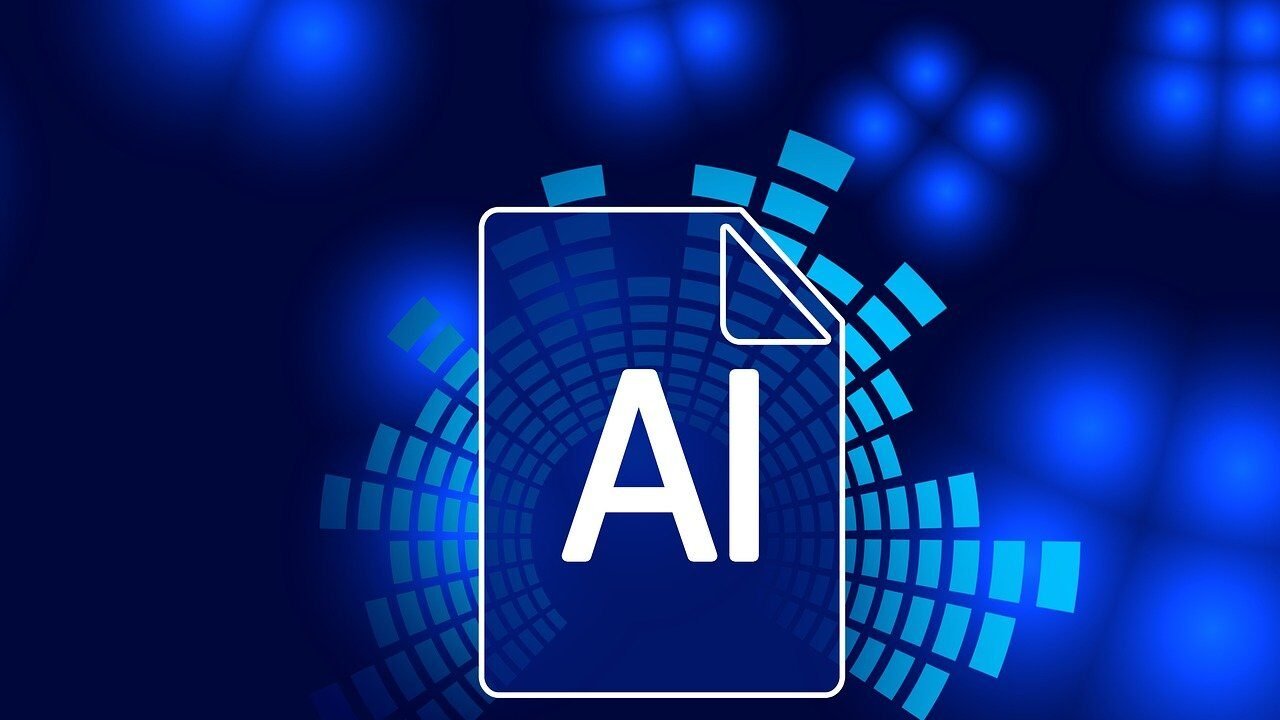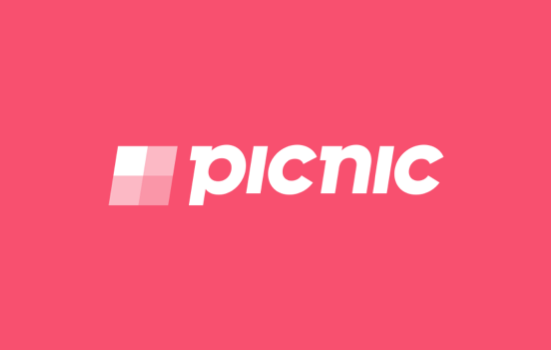U.S. President Donald Trump has removed Shira Perlmutter, Director of the U.S. Copyright Office, days after the agency released a federal report raising concerns about the use of copyrighted material in AI training. The dismissal was confirmed by CBS News and Politico.
Trump also removed Librarian of Congress Carla Hayden, who appointed Perlmutter in 2020. The moves have triggered concerns about political interference in copyright policymaking, especially in light of current disputes over AI training practices.
Rep. Joe Morelle, the top Democrat on the House Administration Committee, said the firing has no legal justification. He directly linked the dismissal to Perlmutter’s refusal to support the unlicensed use of copyrighted works by Musk-aligned companies.
“It is surely no coincidence he acted less than a day after she refused to rubber-stamp Elon Musk’s efforts to mine troves of copyrighted works to train AI models,” Morelle said in a public statement.
Trump didn’t release an official statement, but he drew attention to the news by sharing a Truth Social post that linked to the CBS report.
Copyright Office Had Warned Against Broad Fair Use Claims
The firing came soon after the U.S. Copyright Office published Part Three of its report on generative AI.
This guidance places a formal boundary on one of the AI industry’s most contentious practices: using large volumes of online content to train generative models.
The report warned that using copyrighted material without permission could amount to infringement unless companies obtain creator consent or operate under clear licensing terms. That position puts pressure on companies like Musk’s xAI, OpenAI, and Meta, which rely on scraping large datasets to train AI models.
If courts agree with the Office’s view, these firms may face tougher legal scrutiny going forward.
Legal Authority to Remove the Register Remains Unclear
The Register of Copyrights operates under the authority of the Librarian of Congress, who is responsible for the Register’s appointment under 17 U.S. Code § 701. The law does not mention whether the President holds any power to remove the Register.
Trump’s decision to fire Hayden raises further questions, as no precedent exists for a president removing a Librarian of Congress to indirectly force a change in copyright leadership.
The back-to-back removals highlight how little protection U.S. law offers to the independence of agencies that shape copyright policy. It raises fresh concerns about a president’s ability to steer copyright policy without clear backing from existing law.
Advertisements
Why This Matters
The U.S. Copyright Office helps define how AI systems can use copyrighted content. Its stance affects how judges and lawmakers apply fair use to large training datasets. Trump’s decision has raised fresh concerns about whether future decisions will follow legal reasoning or bend to political interests.
The same questions are gaining urgency in India. On April 28, the Department for Promotion of Industry and Internal Trade (DPIIT) set up a multi-stakeholder committee to examine how India’s Copyright Act, 1957, applies to AI-generated content. It’s examining whether the current legal framework can address the how AI creates and uses content, or whether policy updates are overdue.
Meanwhile, Indian courts are already dealing with the issue. News agency ANI has accused OpenAI of using its content to train language models without permission.
Additionally, the Federation of Indian Publishers has taken OpenAI to court, claiming that its models used copyrighted books to generate summaries, reviews, and analyses without consent.
These cases raise a larger legal question: does collecting and repurposing creative content for AI training violate Indian copyright law?
India’s copyright law does not yet account for many of the issues AI raises. As officials study the gaps, they may be tracking how other countries respond. The way the U.S. handles enforcement and institutional safeguards could influence India’s own approach to regulating AI and creative content.
Also read:
Support our journalism:
For You
Source link






